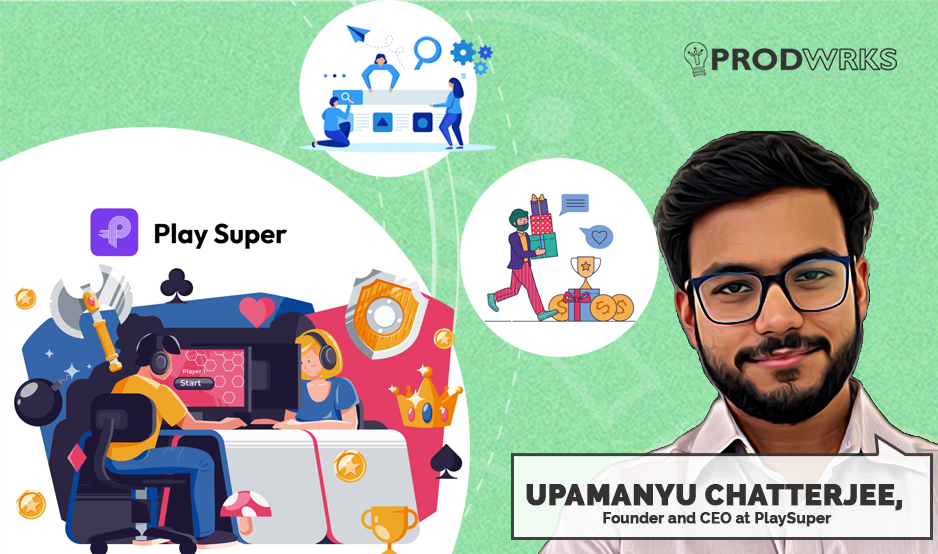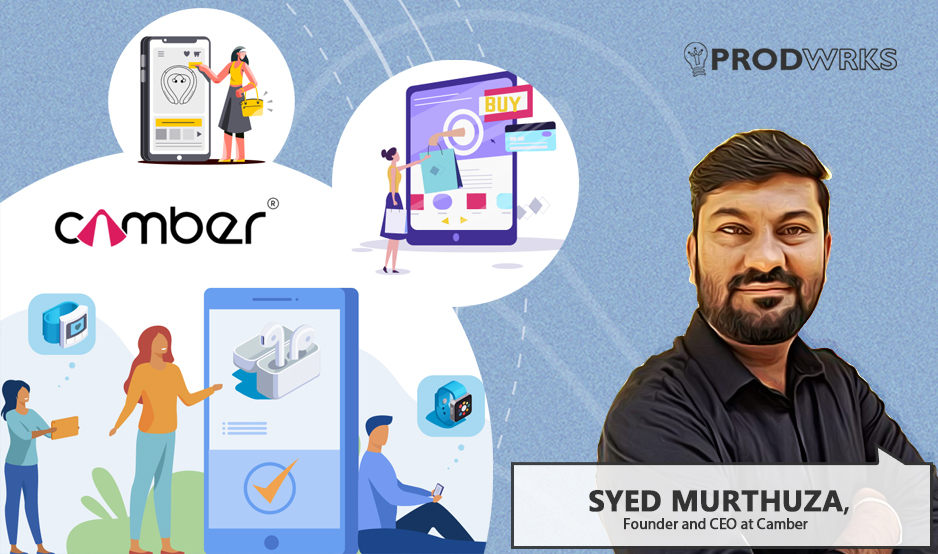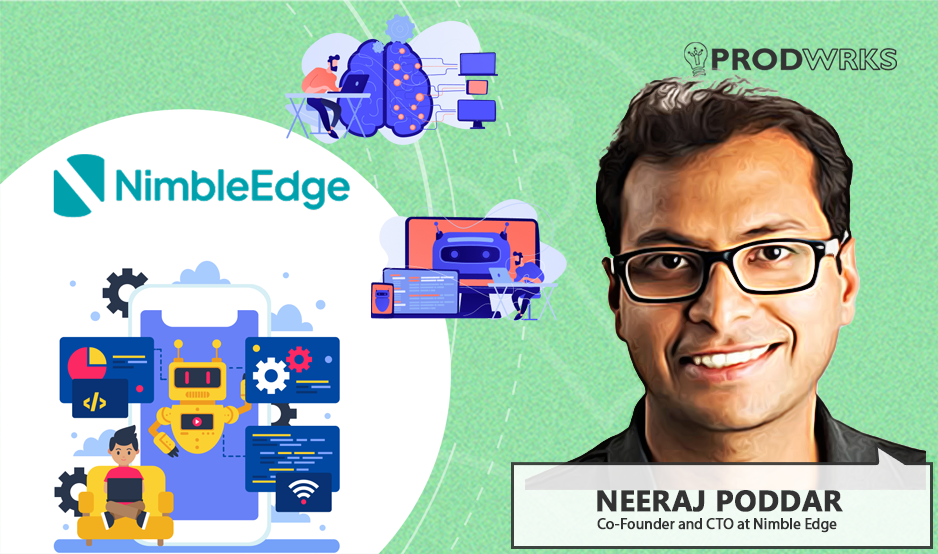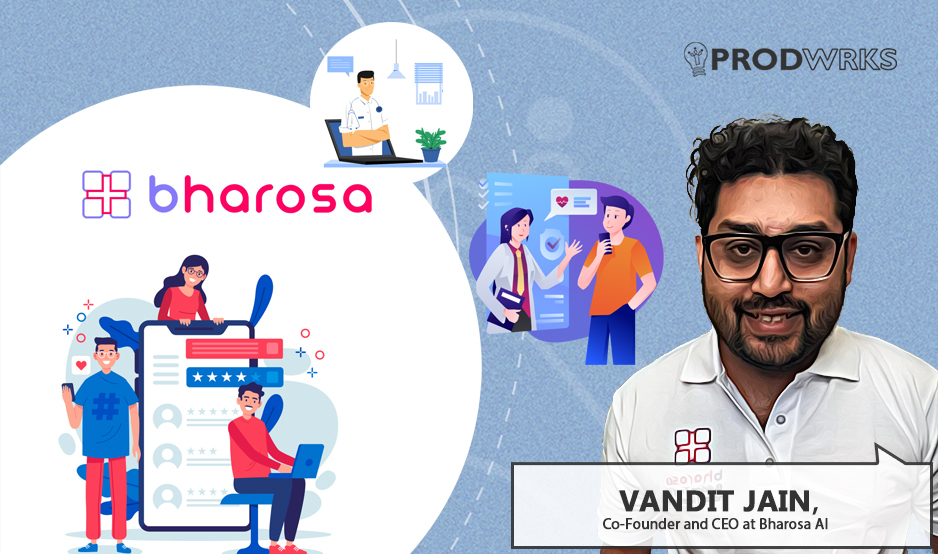
Mobile games are the most lucrative segment of the video game market, and casual mobile games account for approximately 65% of all mobile gaming hours worldwide. But despite dominating screen time, most studios still struggle to convert that engagement into revenue. Most players drop off long before they can be monetized. And for studios that rely heavily on ad revenue, low retention means lower returns.
That’s the gap PlaySuper wants to fill. Founded in 2024 by Upamanyu Chatterjee, Shouradeep Chakraborty, and Abhir Das, PlaySuper is a white-labelled platform that helps gaming studios increase retention by rewarding loyal players. The company works with around 20 studios, including India’s only publicly listed gaming company, Nazara Technologies.
Upmanyu says, “If you want to define PlaySuper, we’re trying to build a Meesho inside games. In most casual games, you eventually stop playing because there’s nothing to gain. What we’re building is a system where, say, you’re playing Candy Crush and earn stars, you can use those stars within the game to buy real-life products, like a Nike shoe at a discounted rate.”
To reward players, PlaySuper has onboarded more than 3,000 brands to date, ranging from boAt to Bombay Shaving Company. With cleverly structured monetizable partnerships between brands, studios, and gamers, PlaySuper has enabled ₹3.5 crore in gross sales across its network.
As retention and monetization continue to be core challenges in casual gaming, PlaySuper is building for the infrastructure gap that most studios aren’t resourced to solve on their own. The company has raised $686K in funding from 100X.VC and Indian Angel Network.
Tapping the Market Gap in Casual Gaming Retention
As a lifelong gamer, PlaySuper’s founder, Upmanyu, was drawn to the gaming industry after a friend and co-founder, Sandeep, wrote a thesis outlining key problems in the space. The thesis pointed to the grim reality of user retention in most casual gaming companies.
While these companies solely relied on ad revenue for their survival, poor retention made the model unsustainable. That became the starting point for PlaySuper.
Upamanyu explains, “In ad revenue, you need to focus on retention, but these games had horrible retention. It's less than 2% by day 30. That has opened up a pressing need in the market for a retention and monetization player that can help studios make money from their existing audience. This is the problem that PlaySuper is addressing.”
Upamanyu explains, “We understood that game teams are usually very small and carry a lot of technical debt, so their entire focus stays on building the game itself. They don’t have the bandwidth to aggregate brands, enable rewarding, or set up supporting systems. The nature of this industry is such that studios won’t build any ancillary service themselves. It has to come from the outside.”
Solving for Player Engagement Patterns with Habit Loops
PlaySuper started with a proof of concept to test whether users responded to in-game rewards. When the team saw that rewarded players spent more time in the game and showed higher engagement, they decided to expand the model and display physical products as rewards within the game. It allowed users to make purchases and use rewards without leaving the app.
The goal is to build stronger habit and reward loops by reinforcing the idea that time spent playing has real-world value
“The player is moving through the game, and our product flows together in a way that builds habit. His brain starts expecting to win or get something at the end. Once that sets in, he keeps coming back to the reward store to redeem coupons and buy items as he’s now playing with that mindset. The loop is established.”
Upamanyu explains, “Like in any e-commerce platform, it tells you what to buy based on your behaviour. It's the same here, but much more personalized because you're spending much more time on the game.”
“We don’t focus on where you stay or your individual details. We don’t share your data with anyone or use it for anything beyond what you’ve signed up for. We have a strong data and privacy policy in place on the platform.”
Upmanyu says, “Gaming is now making sense for the brands as we have an 8% conversion rate, which is much higher than any existing influencer marketing, as well as Meta and Google channels. So we are a better ROI channel for them.”
Retention as the Core Metric, Referrals Driving Adoption
Upamanyu says, “Basically, everyone knows everyone, so the aim was to take one customer, and service them to the greatest level, to ensure that they become an advocate of the product.”
“With good results, we were able to publish case studies, based on which a lot of our existing clients referred others to us. It becomes a network, it becomes a chain.”
With early adoption driven by reputation, PlaySuper then shifted focus to scale by targeting game publishers in larger companies that manage a portfolio of games.
PlaySuper’s primary success metric is retention uplift. The team measures how much they improve a game’s retention after integration. Upamanyu says clients have seen a 60-65% boost in Day 1 retention and a 32-36% boost in Day 7 retention.
A secondary metric they track is Gross Merchandise Value (GMV), the total value of products or coupons redeemed through their platform. Upamanyu says PlaySuper generated around ₹3.2 crore in GMV last month, a number they expect to grow.
Targeting Value-Conscious Markets with a Dual Revenue Model
Upamanyu says, “Across Southeast Asia, you see value-conscious users who actively look for discounts and coupons, and have a strong desire to win something through gameplay. This is very different from mature gaming markets like the US and Europe, where players aren’t as driven by discounts and the audience behaves differently.”
PlaySuper targets these markets because their revenue is primarily driven by ads and in-app purchases (IAP). This contrasts with markets like the US and Europe, where most of the revenue comes from IAPs. This distinction shapes the company’s go-to-market approach as ad-driven regions present a clearer opportunity for PlaySuper to serve as a valuable partner to studios looking to improve monetization.
PlaySuper operates on a dual revenue model. Game studios pay a SaaS fee to use the platform, while brands pay commissions each time an order is placed, whether it’s through coupon redemptions or direct purchases from the in-game store.
In addition to commissions, brands are also charged advertising and traffic fees, making monetisation possible from both ends of the ecosystem.
Building in the Right Place at the Right Time
“We always say people are moats. If you have good founders working together with a good team that ships products fast, it makes a difference in the market.”
Upamanyu points to the explosion of India’s gaming industry post-COVID, with more than 400 million casual gamers. He sees this as a critical window to build for scale. “It’s the right time to build something like PlaySuper because the Indian gaming industry is booming.”.
Globally, too, supporting infrastructure is catching up. “There’s a lot of new gaming startups coming up, both studios and tools,” he adds, pointing to user acquisition platforms and measurement tools as signs of maturity in the ecosystem.



